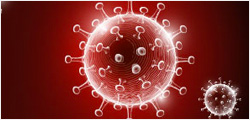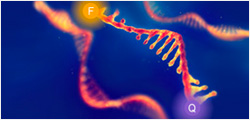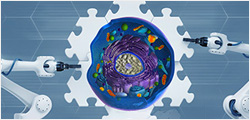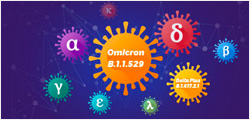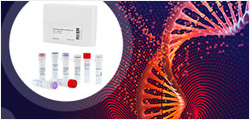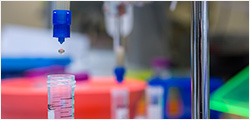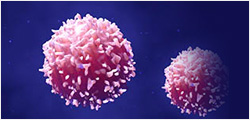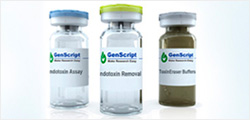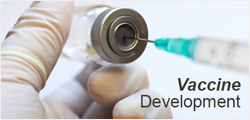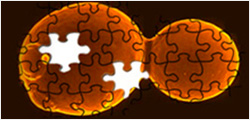
Figure 1. Histamine-induced concentration-dependent stimulation of intracellular calcium mobilization in CHO-K1/H3/Gα15 cells. The cells were loaded with Calcium-4 (Cat. No. R8142, Molecular Devices) prior to being stimulated with agonist histamine. The intracellular calcium change was measured by FLIPR. The relative fluorescent units (RFU) were recorded and plotted against the log of the cumulative doses of histamine (Mean ± SEM, n = 3). The EC50 of histamine on this cell was 11.50 nM.
Notes:
EC50 value is calculated with four parameter logistic equation:
Y=Bottom + (Top-Bottom) / (1+10^((LogEC50-X)*Hill Slope))
X is the logarithm of concentration. Y is the response
Y is ∆RFU and starts at Bottom and goes to Top with a sigmoid shape.

Figure 2. Dose dependent stimulation of intracellular cAMP accumulation upon treatment with histamine in CHO-K1/H3/Gα15 cells. d2 acceptor fluorophore-labeled cAMP (Cat. No. 62AM4PEB; Revvity) and intracellular cAMP in CHO-K1/H3/Gα15 cells competitively bind with Europium Cryptate-labeled anti-cAMP antibody. The FRET signal decreases as the intracellular cAMP concentration rises and was measured by plate reader (Pherastar, BMG). The EC50 of histamine on CHO-K1/H3/Gα15 cells was 24.68 nM.
CHO-K1/H3/Gα15 Stable Cell Line
| M00331 | |
|
|
|
| ¥1,661,121.00 | |
|
|
|
|
|
|
| Ask us a question | |
